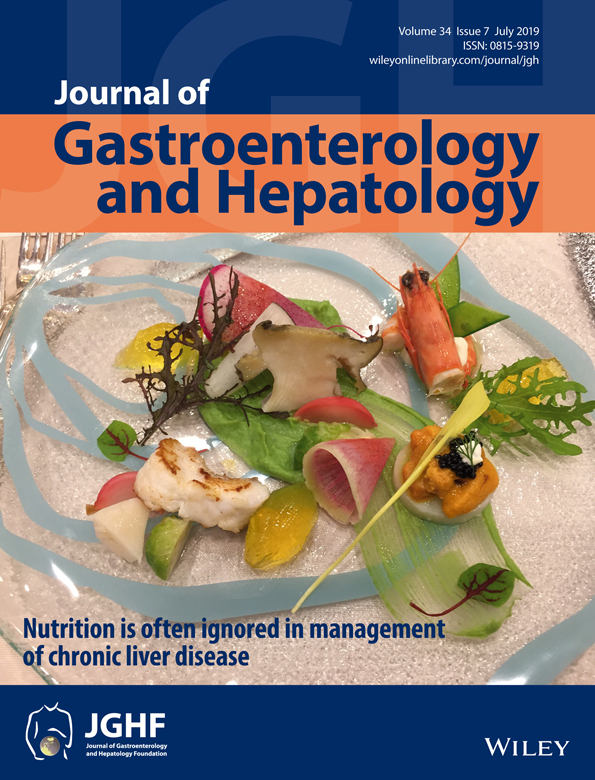Immunogenicity is not the driving force of treatment failure in vedolizumab-treated inflammatory bowel disease patients
Abstract
Background and Aim
The pivotal GEMINI trials reported low immunogenicity of vedolizumab. However, anti-vedolizumab antibodies (AVA) are frequently underestimated because most assays are not drug-tolerant and unable to detect antidrug antibodies while there is drug in the circulation. This study aimed to explore which antidrug antibody assay is best suited to detect AVA and investigated immunogenicity of vedolizumab in inflammatory bowel disease (IBD) patients discontinuing vedolizumab therapy.
Methods
A drug-tolerant affinity capture elution (ACE) assay was developed for the measurement of AVA in the presence of vedolizumab and compared with the previously established drug-resistant and drug-sensitive assays. Vedolizumab and AVA were measured at week 6, at the last infusion, and 12–20 weeks after treatment discontinuation in a cohort of 40 vedolizumab-treated IBD patients who stopped treatment due to primary non-response, loss of response, or adverse events.
Results
The drug-tolerant ACE assay could detect AVA in samples that the drug-resistant and drug-sensitive assays were unable to. Using the drug-tolerant ACE assay, 3 (8%) out of 40 vedolizumab-treated IBD patients who discontinued therapy were AVA positive at week 6, whereas no AVA were detected at the last infusion nor after treatment discontinuation. Primary non-responders had numerically lower median vedolizumab concentrations at week 6 compared with patients with loss of response (20.3 vs 30.7 μg/mL, respectively, P = 0.0570).
Conclusions
Immunogenicity of vedolizumab is not the driving force of treatment failure, and AVA do not increase upon treatment discontinuation in vedolizumab-treated IBD patients. Underexposure during induction might partially be responsible for primary non-response.




